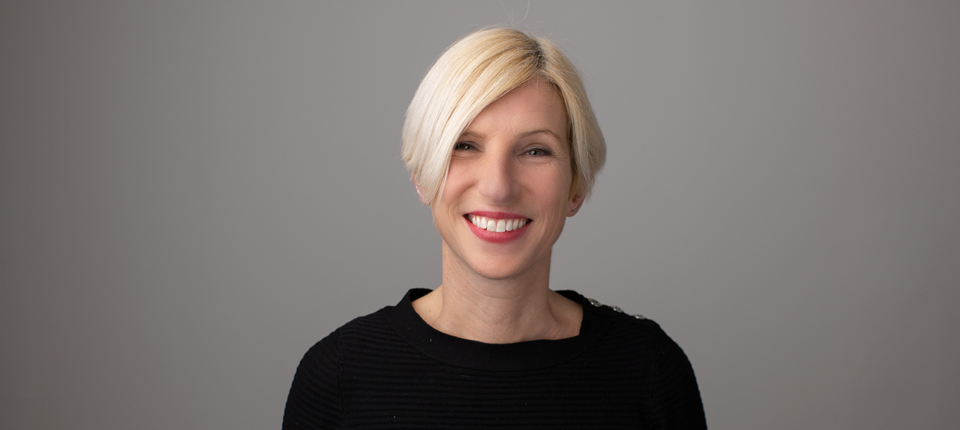We often think of leadership as the preserve of big company executives who need to mobilise and inspire a huge army to transform the organisation and drive better corporate results. Leadership is not what smaller, early-stage companies in the business of scaling up really think about.
How can founders even afford the time to think about such a topic when every day is a fight for growth (or survival) and all hands are needed on deck to build products, sell them and support customers?
But I would argue that strong leadership is even more critical for scale-up ventures than for large corporates. Why? Because the personal stakes are much higher and the impact (good or bad) is much more immediate.
For example, you can have a great business concept, but without the motivated team to turn it into reality, it’s worth nothing. If you’re going to find market fit you will need to experiment and step outside your comfort zone, but without safety and empowerment it’s unlikely to happen. Make the mistake of appointing someone to a senior role who doesn’t share your values and it can poison the whole team dynamic and set you back months, even years.
What makes the difference in leadership?
In my experience, if you get the people and the culture dimension right from the start, pretty much anything is possible.
In 2020, Harvard Business Review cited a 50,000-person study which set about working out the most important predictors of retention, performance, engagement, resilience, and inclusion in the workplace. All of which are pretty critical factors if you’re trying to scale.
The researchers found three things that were more significant to individuals than anything else:
- Was I excited to work every day last week?
- Did I have a chance to use my strengths every day?
- At work do I get a chance to do what I’m good at and something I love?
Just reflect on that for a moment.
Forget about pay and perks, big vision statements and cracking the whip. What makes the real difference is what is often (mistakenly, in my view) referred to as the soft factors. In other words, the way people are treated. And this is all about leadership.
What is leadership and what do great leaders do?
The good news is that leadership has little to do with situational authority and functional business competence. Many of us who have been around long enough will know plenty of senior and highly competent people who are, to be honest, not good leaders. Rather it’s all about people and creating the conditions in which every person and the team as a whole can be their best, perform optimally and realise their full potential. It’s as simple (and as complex) as that.
Creating the right conditions means a culture that fosters innovation and initiative, lets people do what they excel at and empowers them to get on with it. In such a culture, you can be assured there will be passion, focus and innovation as people do their best work in a state of flow.
Google did a well-known study a few years ago where they looked at the characteristics of their best-performing teams. They surveyed over 200 teams and to their surprise found that the secret sauce had very little to do with the brainpower on the team or the capabilities of individuals. The most important ingredient by far was the level of psychological safety that people felt working with each other.
It’s a fact that if people don’t feel safe they won’t take risks, they won’t go the extra mile and they won’t innovate. There’s no better way to ruin the potential of a good team than to make them feel fearful by subjecting them to behaviours such as anger and micro-management. The opposite is also true of course: make them feel safe and they will do their best work.
The responsibilities of the founder
As a founder, the buck stops with you. It’s your job to create the conditions for excellence and build a culture that enables everyone to perform. Many behaviours can be counter-productive and the obvious stresses of the early-stage work environment often don’t help. That’s why positive leadership is doubly important.
All early-stage ventures are looking for differentiation in the market and culture is a very special kind of differentiation. Why? Simply put, it can’t be copied. Competitors can reproduce your value proposition and business model with relative ease, but they can’t copy your culture because they simply can’t see it. Hence culture can be leveraged as a strategic weapon, and what scale-up wouldn’t want another one of those?
What makes a great leader?
A few years ago, I was fortunate to be part of a group researching this very topic. But rather than talk to leaders, the Project Bright Spot team spoke to over 200 people who had been the recipient of what they felt was great leadership. The stories we heard were awe-inspiring with many describing leaders who had changed their life in hugely positive ways.
The study found a set of common characteristics that defined these transformational leaders:
- They see you
- They have your back
- They are present
- They aren’t afraid to challenge you
- They stretch you
- They trust you
- They set a clear direction
These are behaviours you can practice every day, irrespective of your level of authority or how busy you are:
- See your colleagues for the value creators they are
- Trust them and let them make mistakes knowing you’ll have their back for trying
- Be present when you’re speaking with them
- Push them in a positive way that feeds their passion and unique skills
- Give them a clear steer and empower them to get on with the job
These things all sound easy but they are not, which is why many enterprises are struggling in these turbulent times. They can’t change fast enough because too many of their people don’t innovate, take risks or go the extra mile with discretionary effort. If you don’t believe this, look at the results of the global Gallup survey into employee engagement. It doesn’t paint a good picture.
This is why great leadership is so powerful for scale-up enterprises. It’s actually quite rare and can be used to create an edge in the market. It takes authenticity, humility and vulnerability and is founded on a mindset of gratitude and abundance, but any scale-up founder can get there.
Don’t miss out on this key differentiator.





